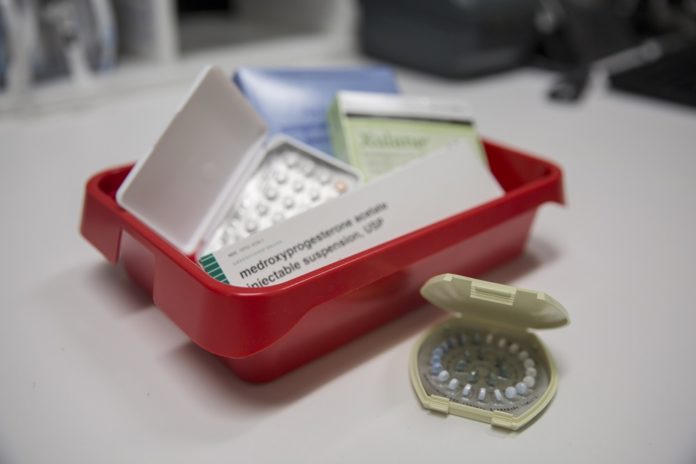There are many different methods of birth control. When it comes to birth control, women are often concerned about side effects. Depression is most common among all. But the latest finding by the scientists from Ohio State University Wexner Medical Center confirms that there’s no evidence to support a link between hormonal birth control and depression.
Scientists reviewed thousands of studies on the mental health effects of contraceptives. They mainly involved the data that linked to various contraception methods, including injections, implants, and pills.
They also looked into studies that inspect the impacts of hormonal birth control on postpartum ladies, teenagers, and women with a background marked by depression all with a similar conclusion. They did not found an inadequate proof to demonstrate a connection between birth control and pregnancy.
Dr. Brett Worly, lead author of the study said, “Depression is a concern for a lot of women when they’re starting hormonal contraception, particularly when they’re using specific types that have progesterone. Based on our findings, this side effect shouldn’t be a concern for most women, and they should feel comfortable knowing they’re making a safe choice.”
“Adolescents and pregnant moms will sometimes have a higher risk of depression, not necessarily because of the medicine they’re taking, but because they have that risk to start with. For those patients, it’s important that they have a good relationship with their healthcare provider so they can get the appropriate screening done – regardless of the medications they’re on.”
Although, the concerns are obvious. But Worly wants women to discuss their concerns with their doctor.
He said, “We live in a media-savvy age where if one or a few people have severe side effects, all of a sudden, that gets amplified to every single person. The biggest misconception is that birth control leads to depression. For most patients, that’s just not the case.”
